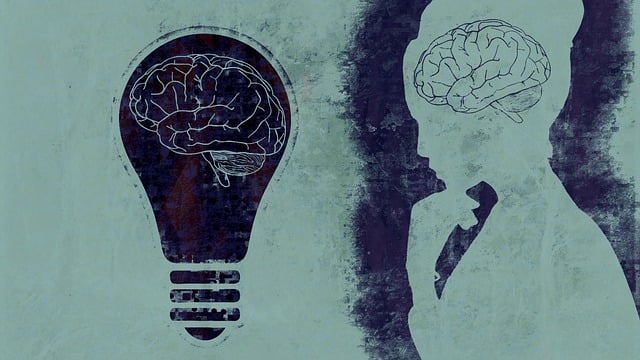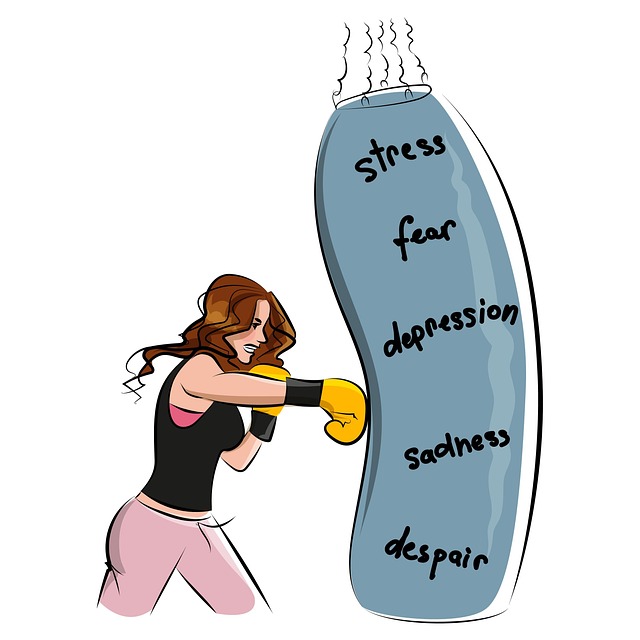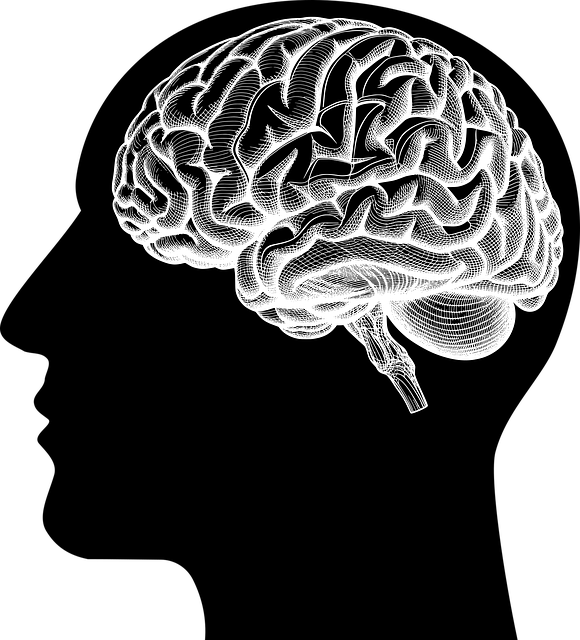Wheat Ridge Geriatrics Therapy tackles burnout among healthcare providers through holistic wellness initiatives, recognizing its impact on patient care. They offer Stress Management Workshops, cultural competency training, and Emotional Healing Processes to reduce workload stress and promote emotional resilience. Regular check-ins, peer support, and policy advocacy further enhance work-life balance, fostering a supportive environment that drives job satisfaction and improves patient outcomes, setting Wheat Ridge Geriatrics Therapy apart in the healthcare industry.
“Healthcare provider burnout is a growing concern, impacting not just individuals but the entire healthcare system. This comprehensive article explores strategies to prevent and combat burnout among these essential professionals. We delve into the root causes, offering a case study on Wheat Ridge Geriatrics Therapy’s holistic approach to well-being. Additionally, we provide practical tips for healthcare workers to enhance job satisfaction and resilience, ensuring they can continue providing quality care.”
- Understanding Burnout Among Healthcare Providers
- Wheat Ridge Geriatrics Therapy: A Case for Holistic Well-being
- Practical Strategies to Combat Burnout and Enhance Job Satisfaction
Understanding Burnout Among Healthcare Providers

Burnout among healthcare providers is a growing concern, especially within specialties like Wheat Ridge Geriatrics Therapy where intense emotional demands and high-stress situations are prevalent. It manifests as a state of physical, emotional, and mental exhaustion, often leading to cynicism and detachment from work. This phenomenon isn’t just an individual struggle but reflects broader systemic issues within healthcare that require attention and intervention.
Various factors contribute to burnout, including heavy workloads, long hours, lack of control over work processes, insufficient rewards, and a poor work-life balance. The Stress Management Workshops Organization emphasizes the importance of proactive measures to mitigate these risks. Moreover, Healthcare Provider Cultural Competency Training can foster an inclusive environment that addresses potential biases and stress triggers. Incorporating Emotional Healing Processes into professional development programs further supports healthcare providers’ mental well-being, enabling them to effectively manage stress and build resilience.
Wheat Ridge Geriatrics Therapy: A Case for Holistic Well-being

Wheat Ridge Geriatrics Therapy offers a holistic approach to addressing healthcare provider burnout, recognizing that mental health and well-being are integral components of effective patient care. In the fast-paced and demanding environment of geriatric therapy, where empathy building strategies are paramount, providers must also prioritize their own mental health awareness. Burnout prevention isn’t just about work-life balance; it’s about fostering a culture that encourages positive thinking and sustainable practices.
By integrating evidence-based techniques and mindfulness practices into the daily routine, Wheat Ridge Geriatrics Therapy aims to create a supportive environment where providers can thrive. This includes regular sessions focused on stress management, emotional resilience, and self-care, alongside ongoing training in mental health awareness. Such initiatives not only enhance the quality of care but also foster a sense of community and shared purpose among the team, ultimately preventing burnout and promoting long-term job satisfaction.
Practical Strategies to Combat Burnout and Enhance Job Satisfaction

Combating burnout among healthcare providers is a multifaceted approach that goes beyond mere survival strategies. For geriatric care teams at Wheat Ridge Geriatrics Therapy, prioritizing emotional well-being promotion techniques is paramount. This can involve implementing regular check-ins and peer support networks to foster open communication about workload stress and personal challenges. Additionally, integrating crisis intervention guidance into the healthcare framework ensures that staff have access to immediate support when facing overwhelming situations.
Beyond individual strategies, advocacy for Mental Health Policy Analysis and Advocacy plays a crucial role in preventing burnout at an institutional level. This includes pushing for policies that promote work-life balance, reasonable patient load caps, and adequate staffing ratios. By addressing systemic issues, healthcare providers can create an environment that not only supports their well-being but also enhances job satisfaction, ultimately leading to better patient outcomes.
Healthcare provider burnout is a pressing issue, but by implementing holistic strategies like those exemplified by Wheat Ridge Geriatrics Therapy, we can foster better well-being and job satisfaction. Combining comprehensive care with practical techniques allows professionals to navigate the demands of their field while preserving their passion and resilience. Through these efforts, we not only prevent burnout but also enhance the quality of patient care.










